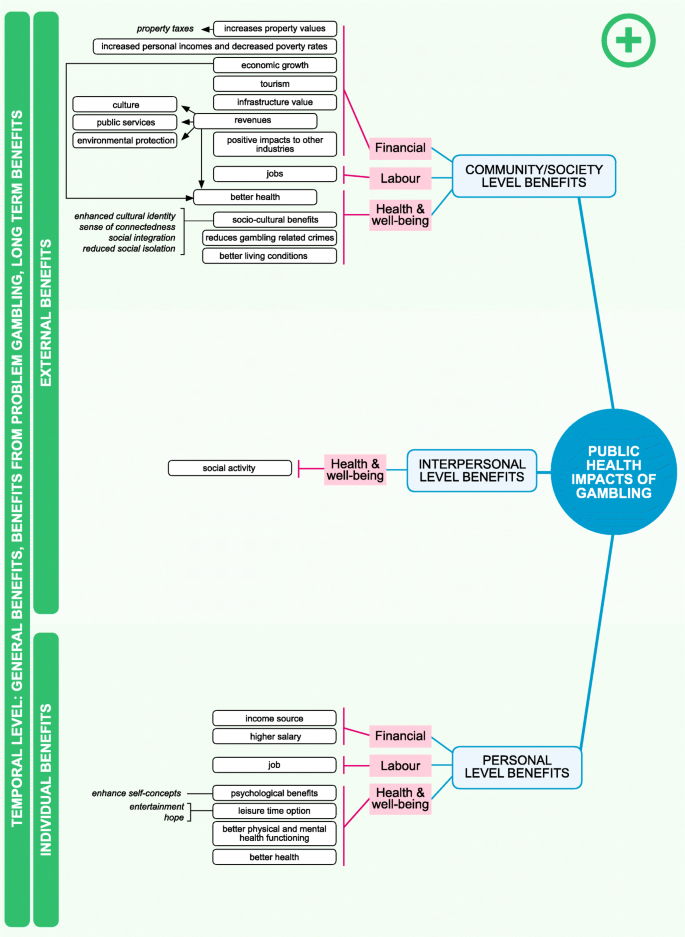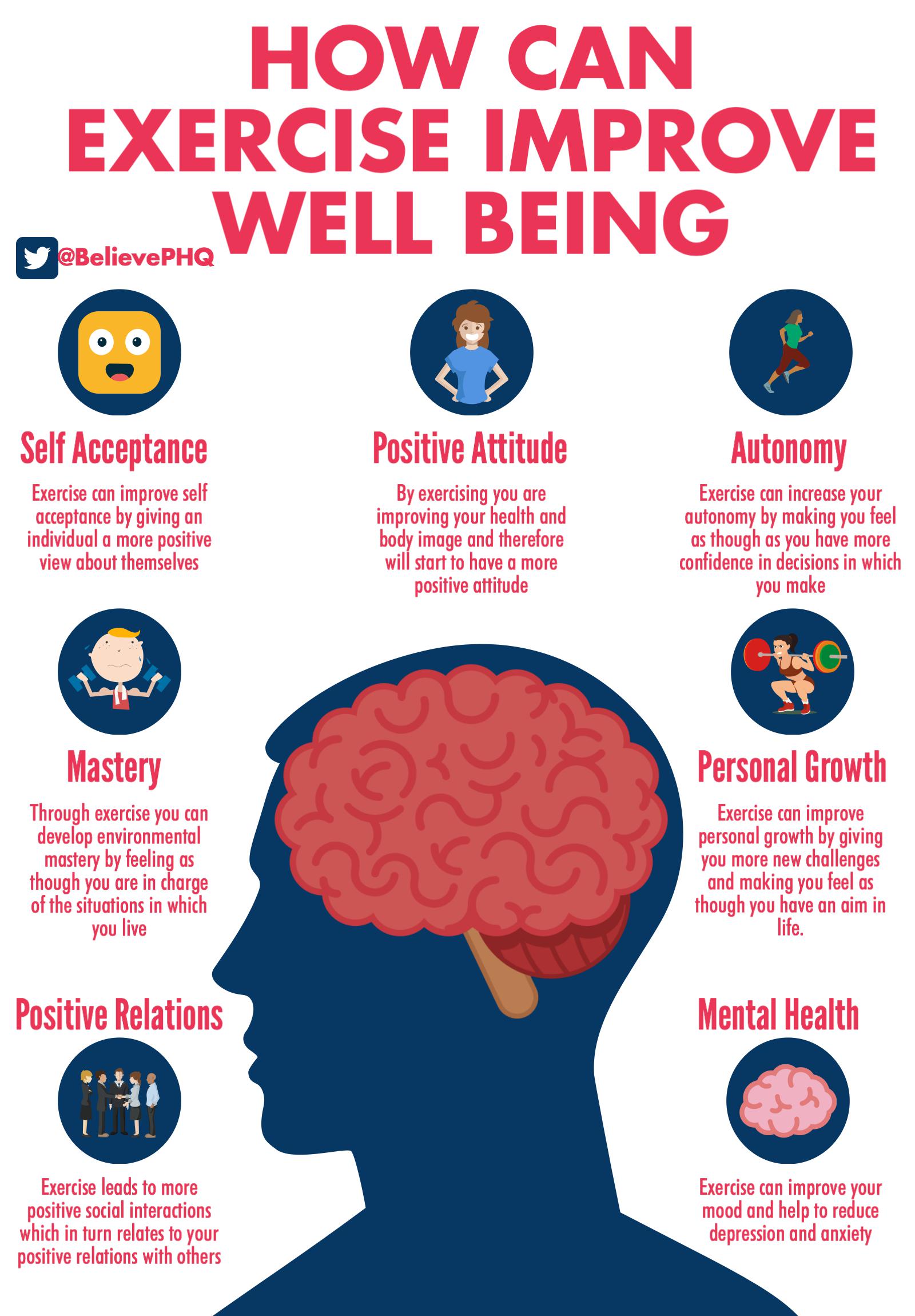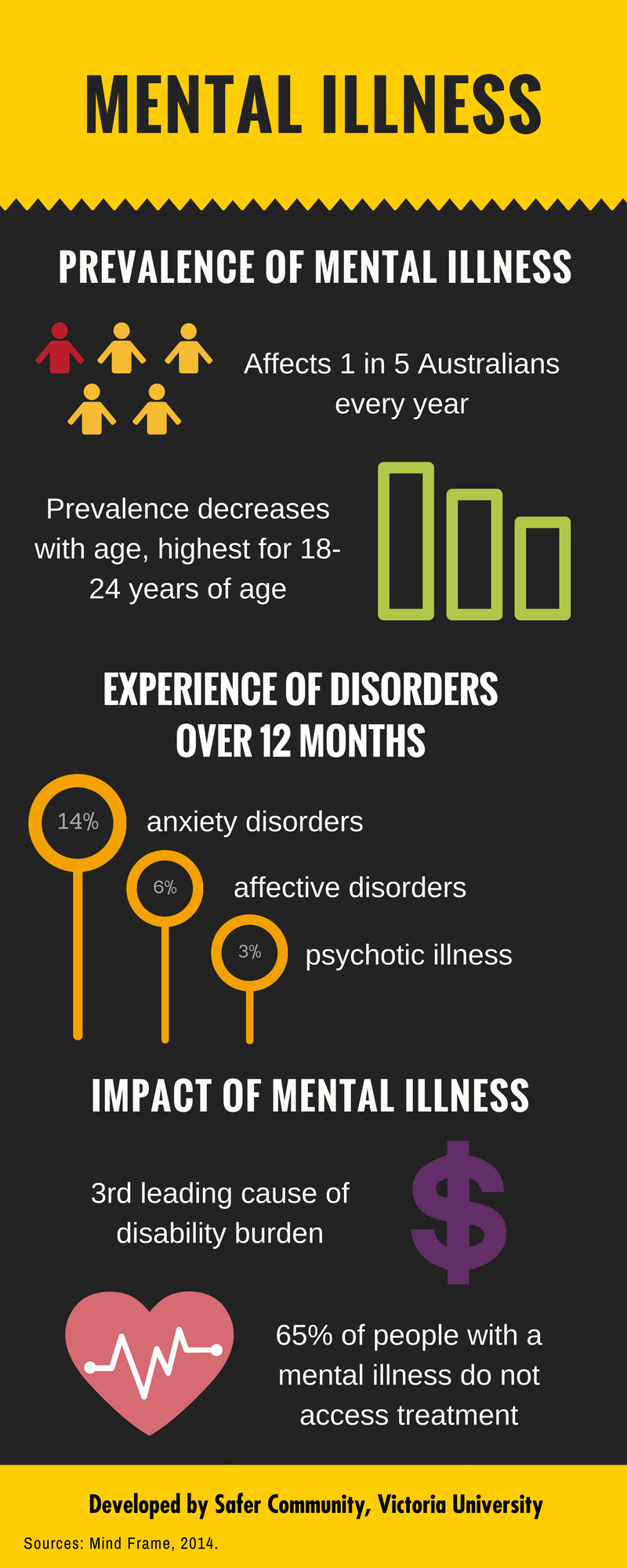Gambling And Mental Health Statistics
Polly Mackenzie
The head of the Monash Gambling and Social Determinants Unit Associate Professor Charles Livingstone agrees the mental health impact of problem gambling especially poker machine use is only now. Health Statistics and Reports. The Department of Health & Human Services is responsible for the collection of information on a range of health related issues. The information is collected to monitor the general health and well-being of Michigan's citizens. This statistic displays the findings of a survey on the share of people participating in gambling in Great Britain in 2016, by frequency and mental ill health GHQ-12 score.
, Director, Money and Mental HealthMaking self-inclusion work
I’ve been interested in gambling regulation ever since we started Money and Mental Health, because it’s the one area where people who know they have a problem have a special set of rights: the right to ‘self-exclude’. You can put yourself on a register which means you are no longer permitted to gamble. The best part, recognising the way addiction and compulsive behaviours work, is that you can’t then change your mind for at least six months. So you can’t have a bad day, a bad week, or a drinking binge, and get sucked back into your gambling addiction.
In our consultation paper In Control, published in July 2016, we looked at ways that the financial services and retail sectors could learn from these kind of “sticky” restrictions, and we’ll be doing more work on this in the New Year.
But, while there are things we can learn, it’s important not to get carried away with celebrating the model that exists for gambling. The truth is, the harder you look, the more inadequate it seems. This month, we submitted recommendations to the Department for Culture Media and Sport on how to update the self-exclusion regime to make it work better, and provide the protection problem gamblers really need.
Mental health and gambling
Problem gamblers frequently have coexisting mental health problems and substance misuse. People with mental health problems have a higher than average risk of engaging in problem gambling while unwell. Listen to the voices of some members of our research panel explaining how gambling is linked to their mental health:
“PTSD flashbacks keep me up and angry at night. Then I go for a kick and the best place is [high street bookmaker] to get that feeling of being on the edge and gamble.”
“My mental health condition means I gamble online when depressed. This makes me overdrawn on bank account and/or credit cards.”
Self-exclusion
The current framework for self-exclusion isn’t good enough. It will get slightly better in 2017, when you’ll be able to register once, and self-exclude from all UK-regulated online gambling instead of going site by site. But you’ll still have to register separately – and with different rules – to bar yourself from bookies, fill out a third set of forms to bar yourself from local casinos; and if bingo or arcades are a risk for you, that’s two more sets of forms to complete. It’s a wonder any problem gambler manages to self-exclude at all.
We need to make the process for self-exclusion as quick and simple as possible. Navigating five separate self-exclusion processes is simply not feasible for vulnerable consumers. A consumer-friendly system of self-exclusion would:
- Be multi-channel, with registration possible by phone, email, webchat or post and other accessible channels where needed.
- Require only a single application to register with all five schemes – or as many as the applicant wants to be part of.
- Be permanent by default, so that the applicant doesn’t have to renew every year to stay protected.
Going beyond gambling operators
But at Money and Mental Health, we believe there is more to do. Under the current regime, all the responsibility for self-exclusion lies with the gambling operators. I’ve written before about the need to allow customers to block gaming and gambling content broadcast into their homes by their TV. But we can go further. Payments providers and ISPs could really help consumers change their behaviour.
We believe card providers and payment providers like PayPal and Skrill should offer all customers the facility to block gambling transactions on their credit and debit cards. And when it comes to internet access:
- ISPs should offer the option of gambling restrictions that are not branded as parental controls.
- Mobile phone providers should offer the option of gambling-only restrictions.
- App platform providers should enable consumers to prevent themselves from purchasing gambling apps.
And, whether it’s payment restrictions, TV limitations, or online blocking tools, the most important thing to remember is this:

- All gambling restrictions should be “sticky”, so consumers cannot remove them without a pre-agreed time delay.
And finally: getting people to sign up.
A simpler, more comprehensive system of self-exclusion will only be effective in reducing gambling-related harm if more consumers are supported to enrol themselves. Simple screening of those in financial difficulty (by debt advice providers) or with mental health problems (by mental health service providers) to identify those experiencing, or at risk of, problem gambling should be introduced. Consumers should be referred to the self-exclusion regime and supported where appropriate to register themselves.

A particular at-risk group includes those prescribed medication known to trigger problematic gambling behaviour. These include dopamine agonists, used to treat Parkinsons, and Aripiprazole, an anti-psychotic. Patients prescribed these drugs should be proactively warned of the risks and referred to self-exclusion as an option before problems emerge.
Read the consultation response to see our recommendations in full
Last updated: 08/5/2019
Author: Addictions.com Medical Review
Reading Time: 3minutes
Even without the physical triggers so commonly associated with drug addiction, gambling disorders can wreak just as much havoc in a person’s life. While drug addiction works as a substance-based disorder, gambling addictions have more to do with a lack of impulse control.
Gambling addiction often affects people who also struggle with alcohol abuse.
Ultimately, it’s the loss of control that defines addictive behavior regardless of the substance or activity involved. Gambling addiction statistics present this “loss of control” factor in a stark and alarming light.
Gambling addiction statistics show how problem gambling can up-end a person’s life in more ways than one. Not unlike other types of addiction, people most susceptible to gambling also suffer from other disorders of which they may or may not be aware.
Probably the most glaring revelation to be had from gambling addiction statistics lies in the consequences that result when gambling disorders go untreated.

1. Gambling Trends
As with all types of data, certain trends or patterns of behavior start to surface within a given population. Gambling addiction statistics are no different. Some of the more prevalent gambling trends show:
- The likelihood of developing a gambling addiction increases 23-fold for people affected by alcohol use disorders
- Over 80 percent of American adults gamble on a yearly basis
- Three to five gamblers out of every hundred struggles with a gambling problem
- As many as 750,000 young people, ages 14 to 21 have a gambling addiction
2. Gambling & Criminal Activity

As far as gambling and criminal activity goes, gambling addiction statistics reveal a direct correlation between the severity of a gambling addiction and the likelihood of committing crimes. Rates of gambling addiction for criminal offenders far exceed rates found among non-offenders. On average, an estimated 50 percent of those affected by gambling problems commit crimes in order to support their addiction.
3. College Gambling
Gambling addiction statistics show people between the ages 20 and 30 have the highest rates of problem gambling.
- 75 percent of college students report having gambled during the past year
- The risk of developing a gambling addiction more than doubles for young adults in college settings
- An estimated six percent of American college students struggle with gambling problems
4. Gambling & PTSD Trends
People affected by post-traumatic stress disorder or PTSD live with high levels of stress and anxiety on a daily basis. Gambling addiction statistics show high rates of gambling addiction among PTSD sufferers.
Gambling And Mental Health Statistics Florida
- PTSD symptoms affect anywhere from 12.5 to 29 percent of problem gamblers
- 34 percent of those who seek treatment for gambling addiction exhibit symptoms of PTSD
5. Gambling & Mental Illness
As addictions, in general, alter brain chemical functions in destructive ways, people struggling with gambling addiction have a higher likelihood of developing mental disorders. Gambling addiction statistics show a high incidence of certain types of mental illness, some of which include:
- Depression disorders
- Anxiety disorders
- Substance abuse disorders
- Anti-social personality disorder
Gambling And Mental Health Statistics Articles
As with any other type of addiction, a gambling addiction can only get worse when left untreated.